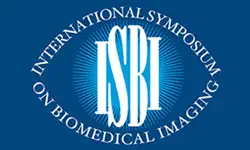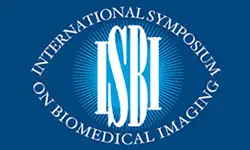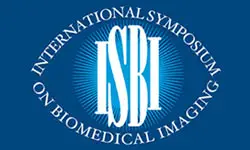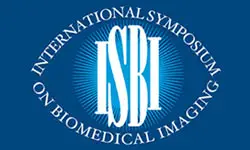Difficulty Metrics Study for Curriculum-Based Deep Learning In the Context of Stroke Lesion Segmentation
Juliette MOREAU
-
Members: FreeSPS
IEEE Members: $11.00
Non-members: $15.00Length: 00:02:09
20 Apr 2023
Brain imaging plays a central role in the management of stroke patients, where the two main modalities are magnetic resonance imaging and computed tomography from which automatic segmentation of the lesion is done to help physicians. However current methods are not yet satisfying as they do no consider the diversity of patients. Curriculum learning is a method in machine learning that consist in introducing training examples progressively according to their difficulty. The objective of this work is to study difficulty metrics to establish an order within the data for curriculum-based stroke lesion segmentation. Three difficulty metrics are tested, lesion area, image contrast and a metric based on gradient loss, for two types of segmentation architectures and two imaging modalities. Although the gradient loss metric is the most correlated with the performance results, curriculum learning with image contrast gives equally good results with an increase in Dice up to 13%.



